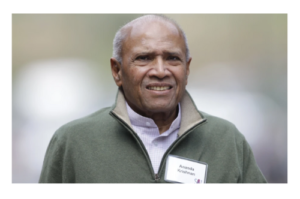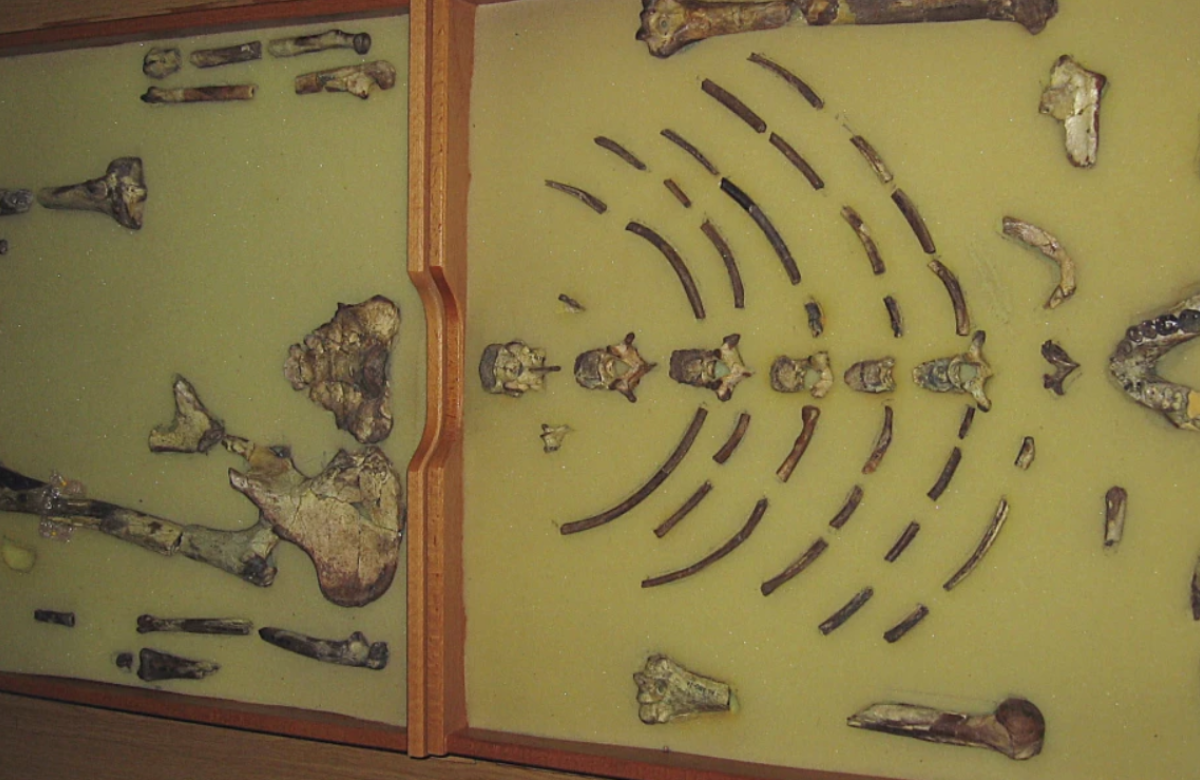“Skibidi,” pronounced SKI-bi-di, is one of the many new slang words added this year to the Cambridge Dictionary, which has included over 6,000 fresh entries. This term originated from an animated YouTube series creator and is used as a playful nonsense word that can mean “cool,” “bad,” or simply serve as a joke without a specific meaning.
Colin McIntosh, the lexical program manager at Cambridge Dictionary—the world’s largest online dictionary—explains that internet culture is rapidly influencing English, and it’s fascinating to observe how these changes get captured in the dictionary.
Other words set to be included are “tradwife,” a shortened form of “traditional wife,” describing a married woman who focuses on cooking, cleaning, and sharing on social media, and “delulu,” a slang version of “delusional,” meaning someone who believes things that aren’t true, often by choice.
Christian Ilbury, a sociolinguistics expert from the University of Edinburgh, points out that many of these new terms are connected to platforms like TikTok, which have become the main way young people communicate today. However, some words, like “delulu,” actually have a longer history within certain speech communities—they’re just gaining wider visibility now.
The rise in remote work since the pandemic has inspired entries like “mouse jiggler,” a gadget or software designed to trick your computer into thinking you’re active when you’re not. Environmental concerns also contribute, as seen with “forever chemical,” which refers to persistent pollutants that remain in nature for a very long time.
Cambridge Dictionary relies on a massive database called the Cambridge English Corpus, containing over 2 billion words of spoken and written English, to track how frequently and in what context new words are used.
Ilbury emphasizes that dictionaries serve as public records of language use, so when words like “skibidi” or “delulu” become part of everyday speech, they naturally earn a spot in the dictionary. McIntosh adds that only words showing signs of lasting usage are officially added.
In short, the English language continues to evolve with social media and cultural shifts, and dictionaries are working hard to keep up with the trends that shape how people communicate today.
Also Read:
Retail sales climb 0.5% in July as shoppers accelerate buying before tariffs take effect
U.S. Wholesale Prices Jump in July Amid Rising Costs from Trump’s Tariffs













